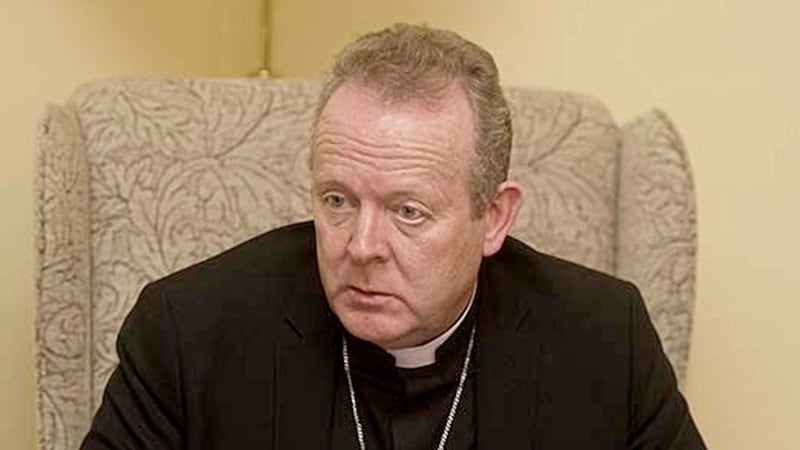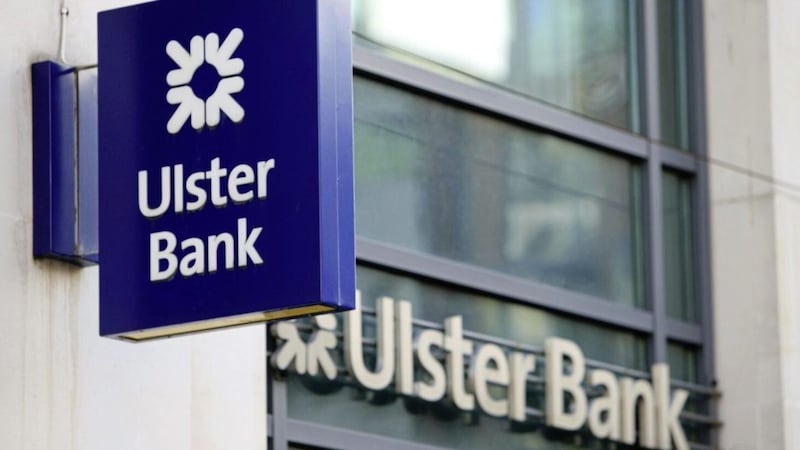BORIS Johnson is "naïve" to suggest that a proposed ban on all prosecutions linked to the Troubles would "draw a line" under the conflict, the head of the Catholic Church in Ireland has said.
In a strongly-worded statement, Archbishop Eamon Martin said the plans "will be seen by many victims as a betrayal of trust which denies justice to them and to their loved ones".
The British government's proposals, announced yesterday, also involve a halt on Troubles-related inquests and the potential for recourse through the civil courts.
The families of people killed by paramilitaries and the British army during the conflict said the plans will allow their loved ones' killers immunity from prosecution.
Archbishop Martin asked for prayers for victims "suffering on all sides in the conflict, and for truth and justice to prevail in the interest of the common good".
"It is disturbing that victims and survivors, those have paid the highest price for the fragile peace we all enjoy today, once more feel marginalised and neglected," he said.
The church leader questioned the prime minister's assertion that the amnesty plan will allow the north to move on from the conflict.
"I was particularly disappointed by Prime Minister Boris Johnson's naïve comments in the House of Commons suggesting that his legacy proposals would allow Northern Ireland to 'draw a line under the Troubles'," he said.
Archbishop Martin said dealing with legacy of the Troubles is not a "quick-fix".
"No 'line can be drawn' to relieve the deep hurt still carried in the aftermath of years of violence, death and life-changing injury," he said.
"The 2014 Stormont House Agreement, signed up to in good will by all parties, sought to deal with our legacy in a collaborative and honest way which respected fully the input of victims in achieving consensus.
"It is therefore deeply disheartening to witness a key signatory renege on this joint commitment."
Archbishop Martin said the move had been expected.
He referred to a statement in April last year in which the Catholic Church's northern bishops criticised the British government's approach to the legacy of the Troubles.
In the statement, the bishops supported appropriate criminal, legal and civic justice for all victims.
They said victims must be prioritised in any legacy process.
And they added that introducing a statute of limitations on crimes linked to the Troubles would not offer justice nor help aid long-term peace.
Archbishop Martin queried who would benefit from a planned amnesty.
"As the British government is now facing criticism from all quarters concerning its unilateral decision, the announcement begs the age-old question: “Cui Bono?” (“Who benefits?”)," he said.
Government ministers have previously criticised prosecutions against former British soldiers who served in the north.
The amnesty will halt any prosecutions against ex-soldiers and stop any future police investigations, including into deaths carried out by paramilitaries.
Church of Ireland Archbishop of Armagh Reverend John McDowell said the plans will have created further heartbreak, frustration and anger for victims of the Troubles.
"The degree of suffering endured by victims over the years is not something that can be moved on from. It needs to be acknowledged in the full variety of its expression, and dealt with over the long term," he said.
"To believe that any process of reconciliation can be advanced by a measure that betrays the trust of victims, and of most ordinary citizens, indicates a profound ignorance of human nature and human suffering, and of the particular conditions of society in Northern Ireland."
Read more:SDLP bidding to recall Stormont over Troubles amnesty row


